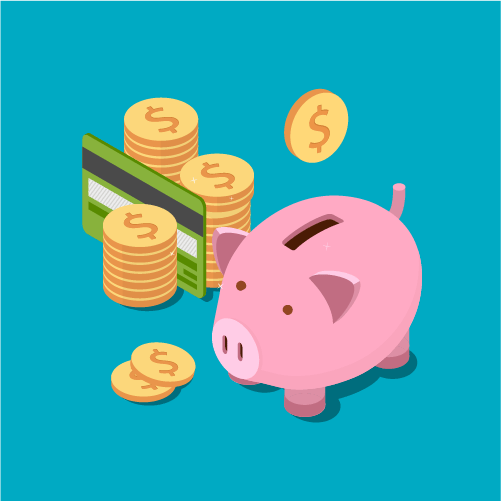Catering is a rapidly growing industry with massive potential for profitability. However, managing finances effectively when planning an event can take time and effort. With multiple expenses to consider, budgeting can quickly become overwhelming. Striking a balance between profitability and customer satisfaction remains a significant challenge. At its core, budgeting, accounting, and financial management are the cornerstones of any successful catering business. In this blog post, we will explore various tips and strategies to help you better manage your finances and ensure profitability for your catering business.
Know Your Numbers
One of the critical aspects of successful budgeting is knowing your numbers. It would be best to thoroughly understand the costs associated with your catering business to price your services accurately. Take the time to review your expenses thoroughly – this should include food and ingredients, transportation costs, and staff wages. Identifying these costs will help you better determine a fair price for your catering services while ensuring you’re still making a profit.
Reliable Accounting System
Accounting plays a vital role in the overall success of your business. Establishing an efficient accounting system will enable you to monitor cash flow, track expenses, and make informed financial decisions. You can use accounting software to streamline the accounting process, significantly reducing the time and money spent on manual bookkeeping. Using accounting software gives you real-time access to financial data such as profit margins, cash flow, and performance indicators.
Build Relationships with Suppliers
Your suppliers play a crucial role in your catering business. For this reason, industry relationships are an essential component of budgeting and financial management. You may have relationships with local farmers, wholesalers, and food suppliers in catering. Good relationships with suppliers often lead to discounts, significantly reducing operational costs. Establishing a long-term and productive relationship with your suppliers is advisable to receive consistent benefits.
Monitor Cash Flow
The catering business is notorious for its high costs and often lengthy payment cycles. That is why monitoring your cash flow is essential. You need to know how much money is in your accounts at any given time and predict when you might face financial difficulties. You should implement a system that monitors how much money comes in and goes out of your business, enabling you to forecast cash flow, manage payments, and make informed financial decisions.
Industry Trends
If you want to stay ahead of the game, it’s essential to keep an eye on industry trends, consumer preferences, and overall economic conditions that could affect your business. Research on what’s popular in the market, what new trends are on the rise, and what your competitors are doing will help you identify potential opportunities for growth while keeping your operational costs low.
In conclusion, the catering industry offers vast opportunities for profitability, provided you have a keen eye on budgeting, accounting, and financial management. Be detailed when managing your finances. The above tips will help you establish an efficient system to manage your business finances, forecast cash flows, and make informed financial decisions.
Remember, mastering financial management and budgeting takes time to happen. It is a gradual process that requires patience and attention to detail. But with the right tools and strategies in place, you can streamline your financial management, eliminate unnecessary expenses, and improve the profitability of your catering business.

